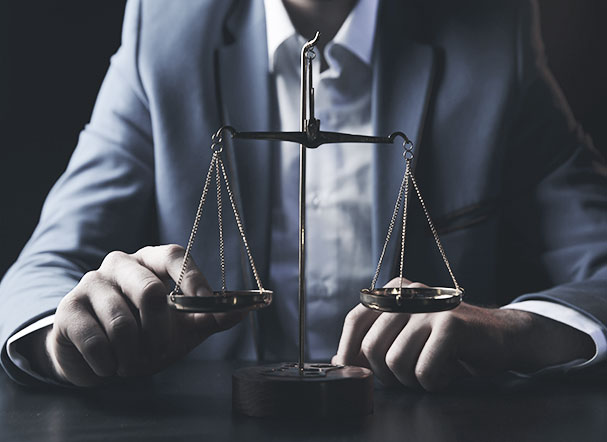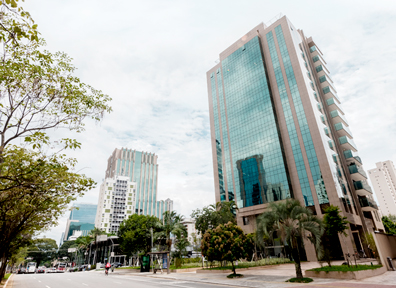Institutional
We are proud to reaffirm our excellence in Fintech Legal practice with our continued recognition in Band 3 of the Chambers Brazil Fintech Guide. Machado Meyer is one of the firms with the most ranked lawyers in this edition, with three...
Machado Meyer has been recognized in the national edition of the Glassdoor Best Places to Work Awards, achieving 3rd place in the “Best Careers Page” category and becoming the first law firm to receive this distinction.
More than ensuring a place for people from minority groups in the academic environment through quotas, we must offer them a more level playing field through specific development measures. Two proposed changes in legislation could increase the enrollment of marginalized individuals in public education and reduce dropout rates.
The Supreme Court's position represents an important advance that can help make society more inclusive and influence similar case judgments.
In its rhythm of continuous expansion, these promotions strengthen the firm’s Litigation, Corporate, Real Estate, Infrastructure, and Tax practices
Throughout Brazil's history there have been advances in the recognition of racism and in the punishment of discrimination, but more lawyers and social movements need to engage in the struggle for a more inclusive society.
In the fight against racism, those in a position of privilege need to educate the look to see that all human beings have skills, regardless of skin color.
Despite the enactment of Provision No. 73 by the National Justice Council (CNJ) in 2018, which regulates how transgender people can legally change their names, the process is still excessively bureaucratic and transgender people often receive unreasonable demands from notary public offices that thre
Legislation interferes and even encourages differentiation between genders by allowing classification of female products as non-essential and increasing the tax burden on them. Sanitary pads, makeup and razor blades are examples of this type of discrimination.
Caroline Valois, Maria Cecilia Santos, Natalia Fava de Almeida, Fernanda Quiroga and Patricia Brasil Massmann.
Page 1 of 2












